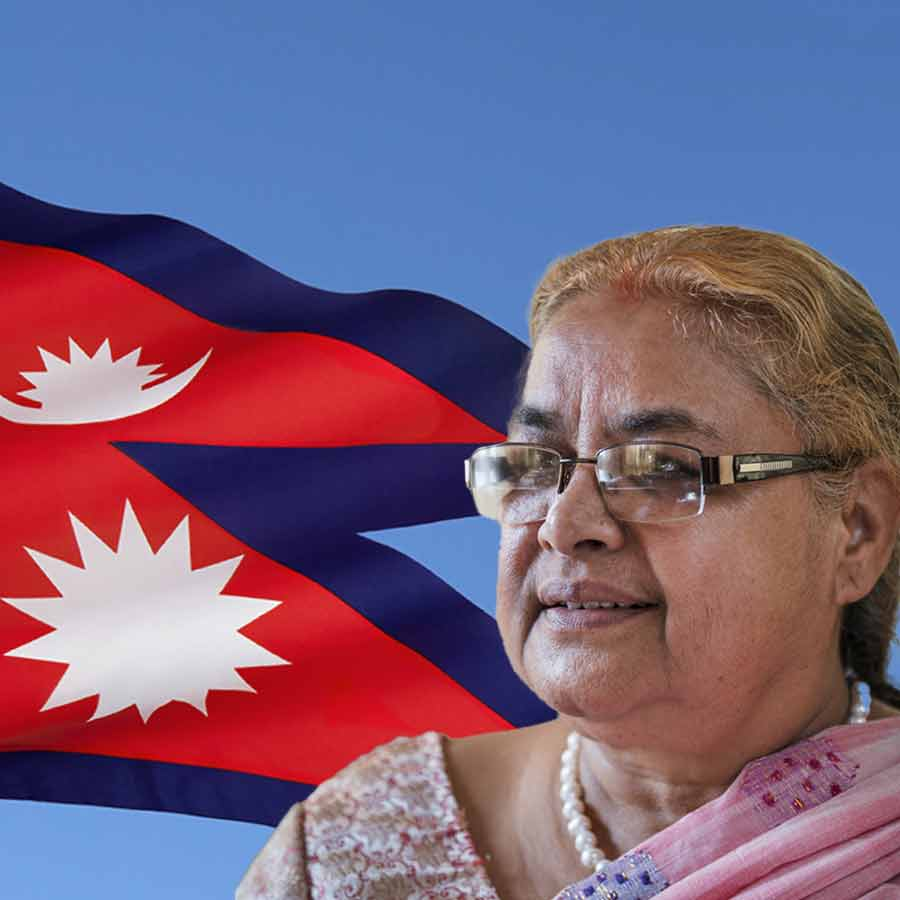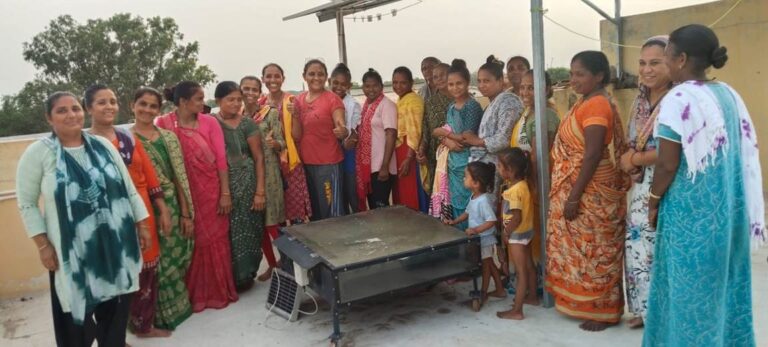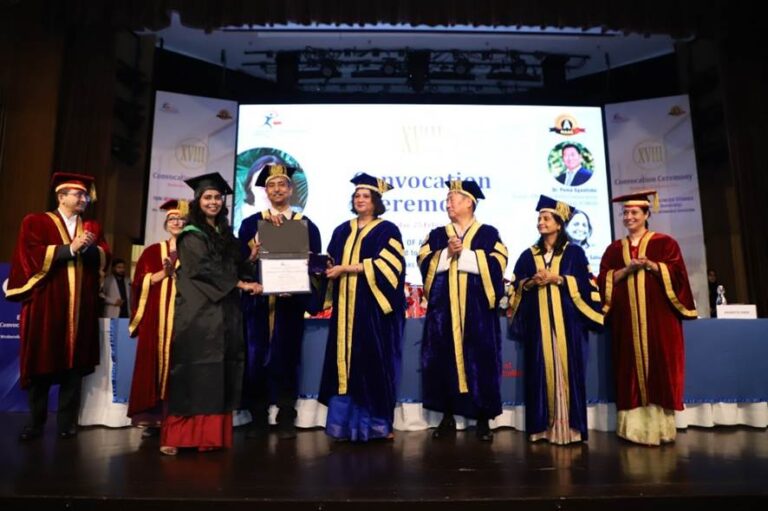
Sushila Karki
Key Highlights
- Sushila Karki becomes the first woman Interim Prime Minister of Nepal, marking a historic milestone.
- She replaces former Prime Minister K.P. Sharma Oli, who resigned after massive youth-led “Gen Z” protests.
- Karki is a former Chief Justice of the Supreme Court of Nepal, celebrated for her independence and anti-corruption stance.
- Her appointment was supported by youth protest leaders, civil society, the army, and the President’s office.
- Top priorities: restore stability, ensure transparent governance, and prepare Nepal for free and fair elections.
- Seen as a neutral and non-partisan figure, her rise signals a break from party-dominated politics.
- Her leadership is expected to inspire greater inclusion of women and strengthen democratic reforms in Nepal.
Historic Appointment Amid Political Turmoil
Kathmandu, Sept 12 – In a landmark political shift, Sushila Karki has been appointed as the Interim Prime Minister of Nepal, becoming the first woman in the country’s history to hold the position. Her appointment follows the resignation of former Prime Minister K.P. Sharma Oli, who stepped down after weeks of youth-led demonstrations demanding accountability, reforms, and an end to corruption. The protests, popularly known as the “Gen Z movement,” grew into a nationwide call for change, pressuring political leaders and the military to endorse a neutral figure to lead the interim government.
A Trailblazing Judicial Career
Karki, 72, is no stranger to breaking barriers. Born in Biratnagar in 1952, she studied political science and law before beginning her legal career in the late 1970s. In 2016, she made history by becoming the first female Chief Justice of the Supreme Court of Nepal, where she built a reputation for independence, fairness, and a strong stance against corruption. Though she retired in 2017, her record of integrity and impartiality made her a trusted figure in times of crisis. These qualities, along with her non-partisan image, paved the way for her selection as the Interim Prime Minister.
Challenges and the Road Ahead
As Interim Prime Minister, Karki faces the crucial task of restoring political stability while preparing the nation for free and fair elections. She must also respond to the demands of a restless younger generation calling for transparency, opportunity, and stronger democratic institutions. Balancing the influence of political parties, civil society, and the military will be central to her leadership. Many observers see her appointment as a turning point in Nepal’s governance, symbolizing not only progress for women in leadership but also a move toward a more accountable and inclusive political culture.







